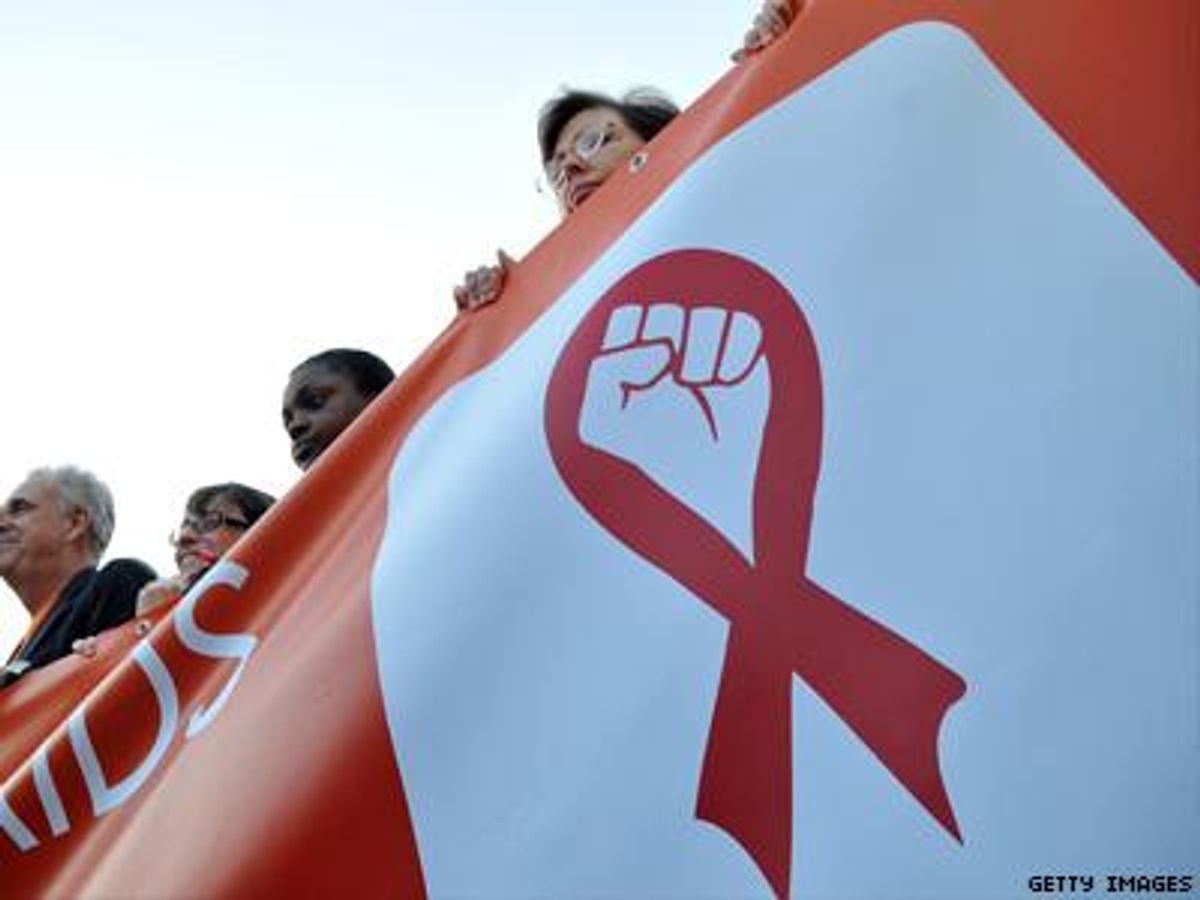I oversee the HIV counseling, testing and referrals programs at Fenway Health in Boston. We test about 4,000 people a year, many of them gay and bisexual men or other men who have sex with men (MSM). One of the things that we constantly hear from our clients is how reassuring it is to be able to talk with a real person about their sexual health and how to protect themselves, their partners, and their families. This kind of personal connection can help someone stay grounded and keep perspective in the face of something that is at times overwhelming -- the idea of an epidemic that has taken so much, and in a way that is linked to our intimate selves and fueled by our passions.
HIV, as transmitted sexually, is a curveball. The desire and the need to be intimate can sometimes lead to the spread of a dangerous and powerful disease. Looking at the HIV/AIDS pandemic on a global scale can be especially daunting.
According to UNAIDS, 35 million people are living with HIV worldwide and 2.7 million people are infected each year. Millions of people worldwide have died as a result of HIV/AIDS, leaving behind millions of devastated partners, friends, families, and children -- and whole cultures that have been permanently altered.
Infections between male sexual partners continue to be particularly troubling. According to the Global Forum on MSM & HIV, MSM are 19 times more likely to be infected with HIV than the general population in low- and middle-income countries. According to the U.S. Centers for Disease Control and Prevention, MSM accounted for 61% of new HIV infections in the U.S. in 2009.
Luckily, the prognosis for treatment and prevention has improved dramatically in recent years, with pre-exposure prophylaxis having shown great promise in preventing HIV infection, and treatment options for people living with HIV/AIDS continuing to improve. These advances in prevention and treatment science bring with them their own logistical issues; for example, how to get pills to everyone who needs them and how to pay for those pills. And in countries where being gay can itself be a crime, it can be nearly impossible for MSM to access HIV prevention and treatment services.
If there was easy, free access to medications for all HIV-positive people, HIV still wouldn't disappear without the help of doctors, nurses, public health workers, and health navigators. Only with this one-on-one, human connection to care and services can some people work through their own internal and external barriers to stay healthy.
Issues like this will be the topic of much conversation at the 19th International AIDS Conference, which takes place in Washington, D.C., next week. It is a huge event, drawing 20,000 public health workers, policy makers, persons living with HIV, and others committed to ending the pandemic. The conference gives us a chance to assess where we are, evaluate recent scientific developments and lessons learned, and collectively discuss our course moving forward.
Like the pandemic itself, the conference runs the risk of seeming overwhelming at times. While navigating the plenary sessions, presentations, and posters highlighting programs and research from around the globe, I am most excited about the opportunity to make personal connections.
I'm looking forward most to conversations with people from halfway around the world tackling some of the same issues I'm dealing with at Fenway Health but coming at them from different directions and with different perspectives on how to address them. I think one of the most important things about the International AIDS Conference is its promise to facilitate these personal connections that recommit us to our work and help us think creatively about how we can contribute to the collective global effort to being about an end to HIV/AIDS.
Human history is filled with stories of groups both small and large coming together to tackle problems too vast for any one person to deal with. No one of us is going to end the HIV/AIDS pandemic on our own, but recent successes in prevention and treatment make me hopeful that by working together, we will tackle this problem, no matter how overwhelming it can seem at times.
I can almost imagine now a day when HIV is rare, and the personal, human way we worked together to move beyond it is something that gives us pause and perhaps even a feeling of pride, knowing that it takes a village. A global village.
JONATHAN VINCENT
is program director for prevention, education, and screening at the Fenway Health Institute.

















































































